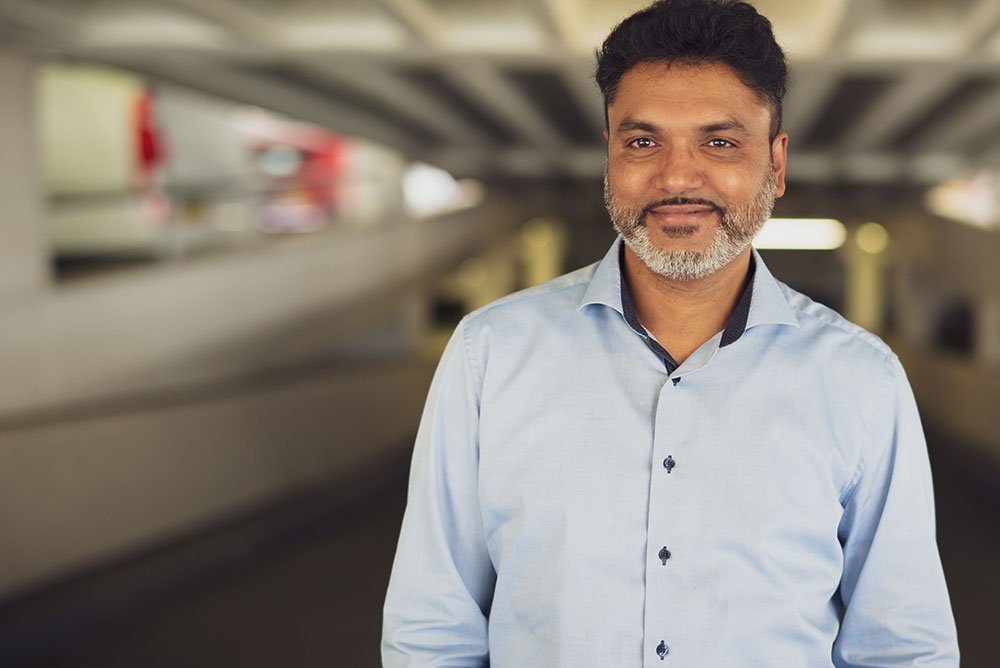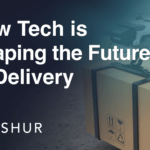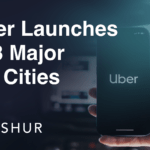
An Uber ripple helps commercial auto insurance Lyft-off
…and why are we today seeing a second wave of #insurtech companies?
The implications of technology’s role in our lives is only really just beginning to be truly understood. The book The Third Wave of The Internet by Steve Case, argues that it is only now we are feeling the full impact of technology in every aspect of life.
For reference: The first wave is defined as the creation of global networks and infrastructures and second wave; the adoption of mass communications technologies.
In this, the third wave, where everything is becoming connected, means policy, governments, and society are having to adapt to keep up with seismic change brought about by technology.
Developments such as Internet of things, new currencies, self-driving cars, machine-learning to privacy, all require a significant rethink in how society adopts but also how governments protect its citizens.
Insurance has not escaped the clutches of technology’s march forward. The #insurtech ecosystem has had the spotlight shone on it in the past 18 months.
Insurance is old. Very old and at times has been slow and resistant to change. But I believe we are entering the second wave of insurtech history, as businesses move beyond the idea of insurance reinvention, and focus on customer delivery. It was this reason we set up INSHUR.
Working in a transportation insurance business, I was struck by a sudden and dramatic change brought about by the emergence of the rideshare industry and the arrival of companies such as Uber & Lyft. All of whom are part of the second wave and indeed the third wave of internet companies.
At the time, I was helping an established business, provide commercial auto cover to New York drivers. It became very apparent that a new generation of driver was being attracted to work for one or more of the new rideshare operators. New York City was quickly becoming a battleground for numerous ride-hailing apps competing for drivers and passengers.
I could see first hand the friction between an old economy industry, with its paper and manual process and a new mobile first, generation of TLC driver. To get cover, drivers needed to visit an office, read, print and sign paperwork, a process in itself that could take multiple visits. Then they had to wait. And I could feel the frustration and sensed a virtual meter running in the drivers’ mind, a meter counting every second they were not on the road.
So it was the friction between the new economy of mobile and algorithms, meeting the paper, process, and policies of the old economy, which prompted me to try and fill a gap.
Today, INSHUR occupies a privileged place in the market; we have a responsibility to reflect and represent a new era for commercial auto insurance providers. At times it’s a burden as we battle to ease friction between buyer and seller, sometimes it’s tough.
With 1,100 customers and 500+ quotes being provided on average every month, there are going to be challenges. What becomes evident is that it’s a three-way partnership between the driver, the carrier and us being the customer experience ambassador. If at any time a link in the triangle is broken the process becomes problematic and friction returns.
One of the biggest challenges we face in this three-way partnership is that a lot of our insurance partners still rely on a lot of manual processes. We’ve presented a digital front to the driver, but the reality is that some of the processes behind the scenes still involve a lot of humans. As an example, if a driver pays their bill late the insurance policy goes under cancellation for non-payment. Our system can process a late payment, but to reinstate that policy, and make it active again, it usually involves some manual flows which take time – that a driver doesn’t have. To that end, it’s our responsibility to help our insurance partners embrace technology, and we’re taking steps to bring those changes to market every day.
So the ‘uberisation’ of services has been positive. Excusing the puns, but without doubt, commercial auto insurance has had ‘lyft’ from the new wave of rideshare operators. It’s forced us all to examine and reexamine how we can adapt to change.
Over the next three years, in the second wave of #insurtech evolution, we all have a role to play.
I’m learning that my job is not to reinvent insurance, to rebrand it or dress it up or to make sexy or cool. The aim is to focus on the points of friction, to deliver insurance in a way most relevant to a changing and technology savvy landscape.






